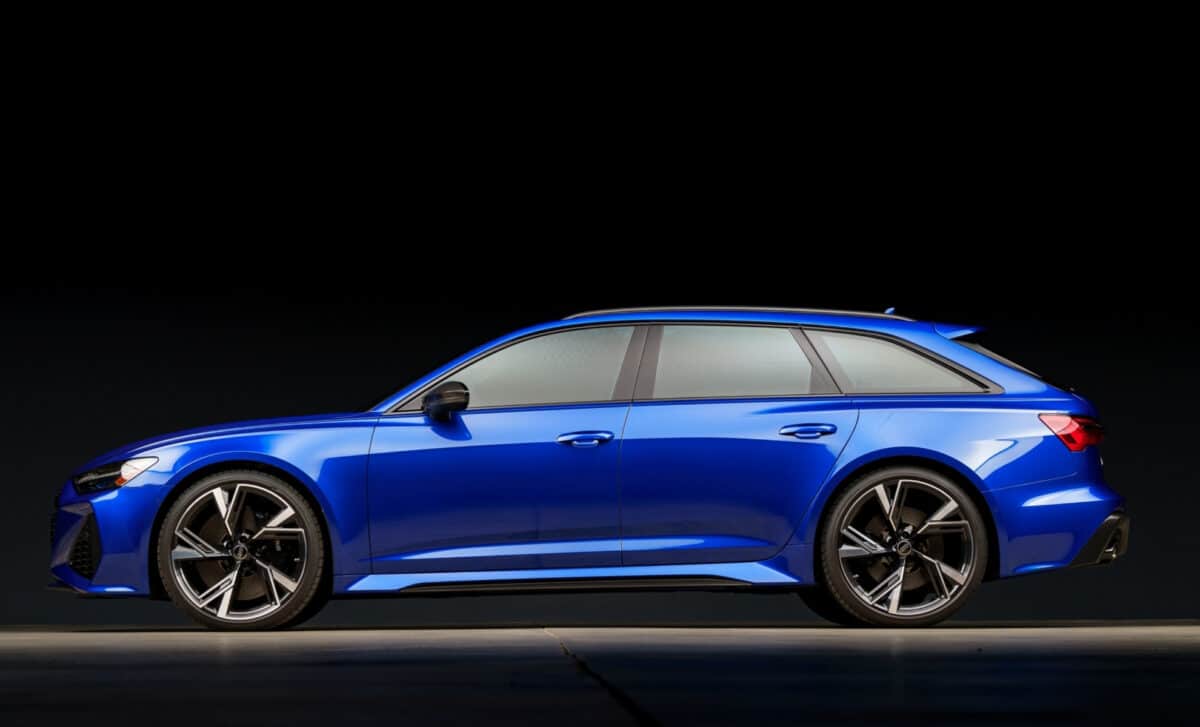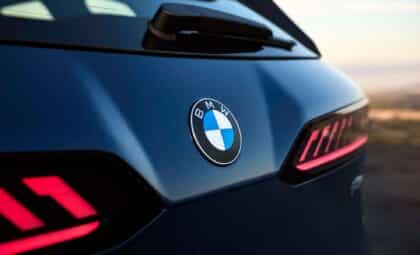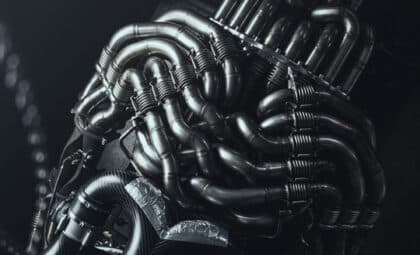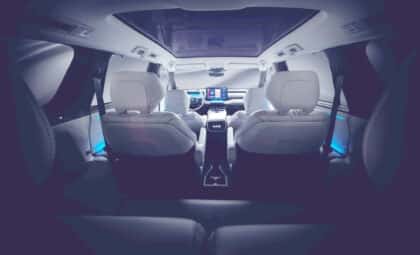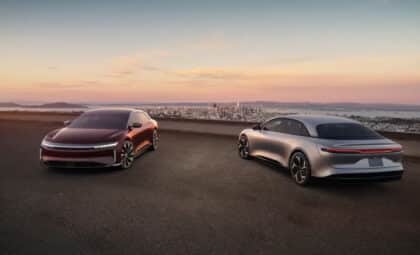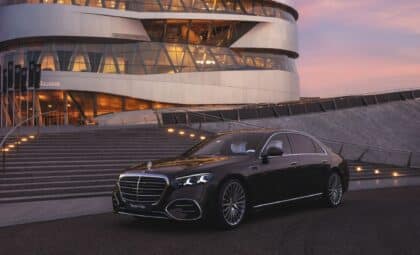Initially expected to serve as one of the flagship models of Audi’s e-tron range, the RS6 e-tron was to complement a new plug-in hybrid version of the next-generation RS6. Now, Audi will push ahead with its hybrid model while leaving the electric variant behind.
In June, Autocar reported that the RS6 line would evolve into two models: a hybrid powered by a twin-turbo V8 plug-in system and a full-electric RS6 e-tron. The latter was set to ride on Audi’s new Premium Platform Electric (PPE), the same underpinnings used for the A6 and Q6 electric models. The hybrid version, by contrast, would be built on the Premium Platform Combustion (PPC), also used for the smaller A5-series.
The cancellation marks a strategic shift for Audi, especially after CEO Gernot Döllner announced in June that the company would continue developing combustion engines, effectively stepping back from earlier plans to go all-electric by 2033.
A Shift in Electric Strategy
The RS6 e-tron was intended to build on the platform of the upcoming S6 e-tron, a model slated to deliver 405kW and 856Nm—figures that approach the current RS6’s 463kW and 850Nm. Despite this potential, Audi decided to abandon the project, reportedly based on internal assessments that anticipated limited consumer interest.
The RS e-tron GT, currently available in the market, has reportedly fallen short of sales expectations. According to Top Gear, Audi insiders saw this as a sign that a similar electric wagon variant would struggle to gain traction, especially within the niche performance segment. The S6 e-tron will now stand as the range’s electric flagship.
This decision is not isolated. It comes amid a broader industry reassessment of electric vehicle (EV) strategies, where performance and luxury manufacturers are weighing battery-powered innovations against market readiness and profitability.
Plug-in Hybrid RS6 Moves Forward
The plug-in hybrid RS6 will continue development and is expected to offer enhanced performance. As reported by Autocar, the vehicle will use an electric motor integrated into the transmission, supported by a lithium-ion battery. This setup closely mirrors what rival brands are already implementing.
BMW has adopted a similar approach with its latest M5, pairing a twin-turbo V8 with an electric motor to generate up to 535kW and 1000Nm. Meanwhile, Porsche’s Panamera Turbo S E-Hybrid, which shares engine components with the RS6, produces up to 575kW and 1000Nm and offers up to 92km of electric-only driving based on lab tests.
Audi’s move reflects a practical turn toward plug-in hybrids in the face of uncertain EV demand. By keeping combustion elements in the mix, the company may appeal to traditional enthusiasts while still lowering overall emissions.
Industry and Brand Direction in Flux
The RS6 e-tron’s cancellation aligns with Audi’s broader reevaluation of its electrification roadmap. In June, CEO Gernot Döllner publicly confirmed that the company would continue investing in combustion engines, a reversal of earlier timelines that aimed to phase them out by 2033.
This shift comes at a time when performance brands across the board are navigating the balance between innovation and market realism. While Audi’s PPE platform remains central to its long-term electric vehicle plans, recent decisions suggest a more conservative rollout strategy for high-performance electric models.

